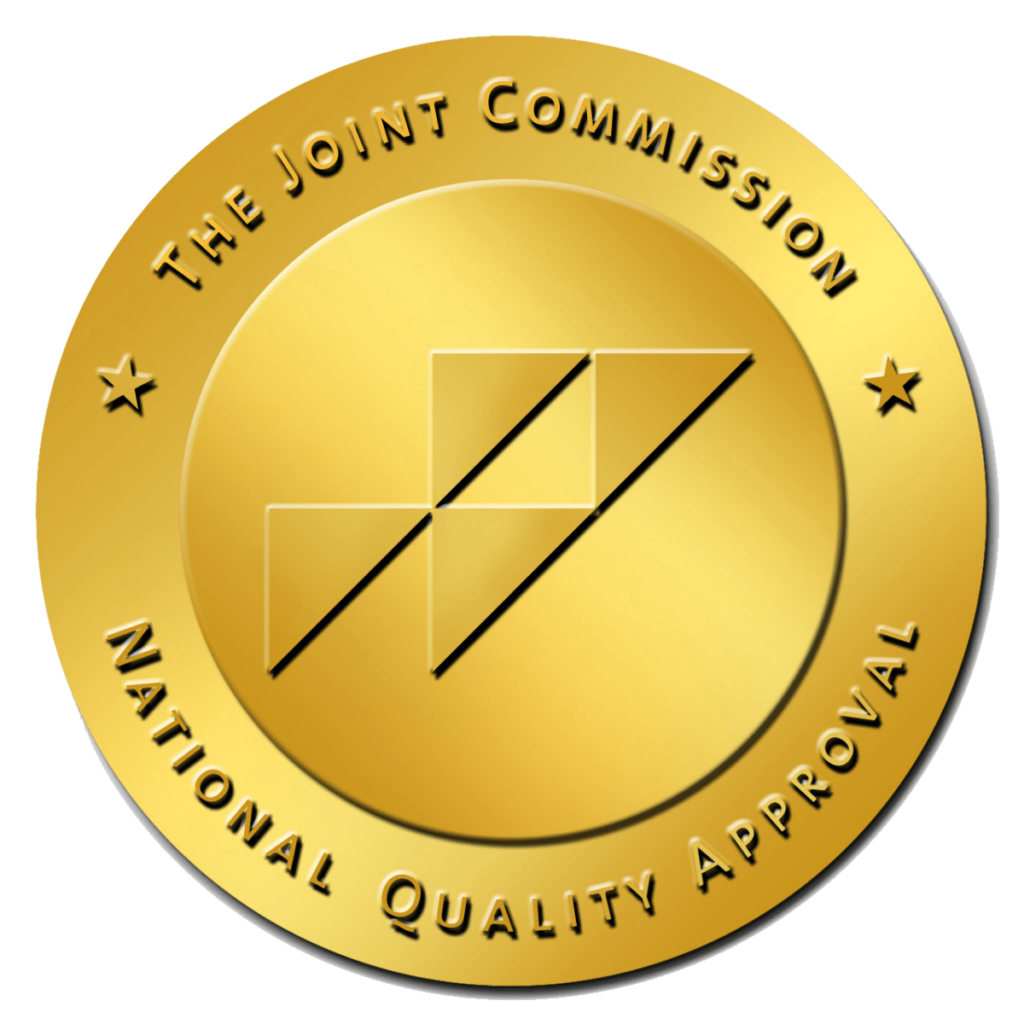Choose Facility
Mental and behavioral health are often used interchangeably, but they are different. While both are important for a person’s overall health, some key differences are essential to understand. Understanding the distinctions between the two can help people better manage their mental health and provide a better understanding of how mental health and behavioral health support one another.
Keep reading to see the most prevalent differences between mental health and behavioral health.
1. Definitions
Mental health is focused on a person’s overall state of being, including their emotional, psychological, and social well-being. On the other hand, behavioral health focuses on how a person’s thoughts, feelings, and behaviors impact their overall health.
2. Goals and Outcomes
Mental health focuses on preventing, diagnosing, and treating mental health disorders, while behavioral health focuses on promoting healthy behaviors and avoiding unhealthy habits.
3. Treatment Plans
Mental health treatment plans often address underlying mental health issues and help people manage their mental health disorders. In contrast, behavioral health treatment plans are often more focused on helping a person develop new healthy behaviors or change existing unhealthy behaviors.
4. Scope
Mental health includes many mental health issues, such as depression, anxiety, and stress, while behavioral health focuses more on specific behaviors, such as substance abuse or addiction.
5. Insurance Coverage
Health insurance often covers mental health treatments, while behavioral health treatments may not.
6. Diagnosis
Mental health disorders are typically diagnosed using the DSM-5 and other diagnostic tools, while behavioral health disorders are often diagnosed using more subjective criteria.
7. Interventions
Mental health interventions often involve talk therapy, medication, or a combination of the two, while behavioral health interventions often involve behavioral modification and reinforcement.
The Pros and Cons of Behavioral Health and Mental Health
While both are important for overall health, there are pros and cons to consider regarding behavioral and mental health.
One of the biggest pros of behavioral and mental health is that it can help individuals better understand and manage their emotions and behavior. By understanding their feelings and how they react to different situations, individuals can learn how to cope better with stress and difficult situations. Additionally, behavioral and mental health can help individuals build better relationships and make more informed decisions.
On the other hand, there are drawbacks to behavioral health and mental health. One of the most significant drawbacks is that it can be difficult to assess one’s mental health or behavior accurately. It is also important to note that understanding and managing one’s emotions and behavior can take time and be difficult to sustain long term. Additionally, individuals are at risk of misinterpreting their behavior or mental health, which can lead to incorrect conclusions or actions.
Conclusion
Mental and behavioral health are two essential components of a person’s health and well-being. While they are related and often support one another, some key differences must be understood. Understanding these differences can help people better manage their mental health and lead to better overall health outcomes.
Ascend Behavioral Health provides various mental health services in Fresno, CA. Our experienced and knowledgeable staff offers multiple services, from individual and family therapy to group counseling and specialized programs. If you need professional mental and behavioral health help for kids, teenagers, and families, Ascend Behavioral Health Mental Health can help. Contact us today.

All Rights Reserved © by Sierra Meadows Behavioral Health | Website Sitemap | Privacy Policy | Billing Policy
Certified by the State Department of Health Care Services. Certification Number: 100008AP. Expiration Date: 12/31/2025

